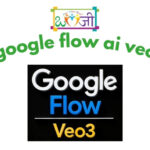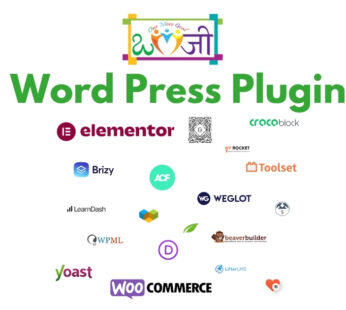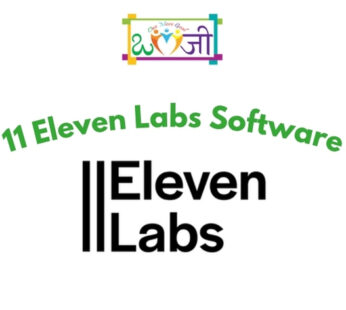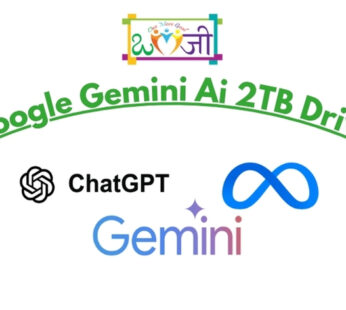Google Flow
Original price was: ₹8,500.₹6,000Current price is: ₹6,000.Auto Desk
Original price was: ₹29,000.₹12,999Current price is: ₹12,999.VEO 3 AI
₹8,500 Original price was: ₹8,500.₹6,000Current price is: ₹6,000.
1. Veo Cam 3 (Sports Camera by Veo.co) 📷
This is the physical AI-driven sports camera used by teams and coaches to record and analyze matches:
-
AI “follow-cam” automatically pans and tracks the action, giving a broadcast-style experience.
-
Dual 4K lenses with HDR, wind‑noise reduction, and image stabilization deliver sharp, steady footage.
-
Controls & playback from your phone: use the Veo Camera app for instant playback, bookmarking, and clip sharing .
-
Long battery & rugged build: up to 4.5 hours of recording; works in harsh weather (–10 °C to +45 °C).
-
Versatile connectivity: live‑stream using Wi‑Fi, Ethernet, or 5G (with the 5G model’s improved internal antennas).
-
Lightweight & portable (~1.2 kg), with easy setup on tripods or stadium mounts .
-
Merits & some drawbacks: Coaches praise its analysis capabilities, but some users (especially on soccer forums) note it lacks optical zoom to capture distant action clearly.
Ideal for clubs, parents, schools, and universities seeking automated game analysis without the need for camera operators.
2. Veo 3 (AI Video Generator by Google DeepMind)
This is a text-to-video AI model for being among the first to generate both visuals and native, synchronized audio:
-
Creates cinematic clips (typically 8 seconds, up to 4K), complete with dialogue, sound effects, ambient music, and realistic lip-sync.
-
Outperforms competitors like OpenAI’s Sora, thanks to its physics-aware simulation and audiovisual fidelity.
-
Accessible through tools like Gemini, Google Flow, and Vertex AI, with independent portals like Veo3.ai and VO3.ai offering third-party access.
-
Use cases: ASMR food clips, short commercials, cinematic reels—projects where audio realism is crucial.
-
Limitations: Primarily 8-second outputs for now; rumors of extended length and higher quality coming soon.
-
Ethical concerns: The realism of generated content has sparked debates about authorship, consent, and how to identify deepfake media.
Description
1. Veo Cam 3 (Sports Camera by Veo.co) 📷
This is the physical AI-driven sports camera used by teams and coaches to record and analyze matches:
-
AI “follow-cam” automatically pans and tracks the action, giving a broadcast-style experience.
-
Dual 4K lenses with HDR, wind‑noise reduction, and image stabilization deliver sharp, steady footage.
-
Controls & playback from your phone: use the Veo Camera app for instant playback, bookmarking, and clip sharing .
-
Long battery & rugged build: up to 4.5 hours of recording; works in harsh weather (–10 °C to +45 °C).
-
Versatile connectivity: live‑stream using Wi‑Fi, Ethernet, or 5G (with the 5G model’s improved internal antennas).
-
Lightweight & portable (~1.2 kg), with easy setup on tripods or stadium mounts .
-
Merits & some drawbacks: Coaches praise its analysis capabilities, but some users (especially on soccer forums) note it lacks optical zoom to capture distant action clearly.
Ideal for clubs, parents, schools, and universities seeking automated game analysis without the need for camera operators.
2. Veo 3 (AI Video Generator by Google DeepMind)
This is a text-to-video AI model for being among the first to generate both visuals and native, synchronized audio:
-
Creates cinematic clips (typically 8 seconds, up to 4K), complete with dialogue, sound effects, ambient music, and realistic lip-sync.
-
Outperforms competitors like OpenAI’s Sora, thanks to its physics-aware simulation and audiovisual fidelity.
-
Accessible through tools like Gemini, Google Flow, and Vertex AI, with independent portals like Veo3.ai and VO3.ai offering third-party access.
-
Use cases: ASMR food clips, short commercials, cinematic reels—projects where audio realism is crucial.
-
Limitations: Primarily 8-second outputs for now; rumors of extended length and higher quality coming soon.
-
Ethical concerns: The realism of generated content has sparked debates about authorship, consent, and how to identify deepfake media











Reviews
There are no reviews yet.